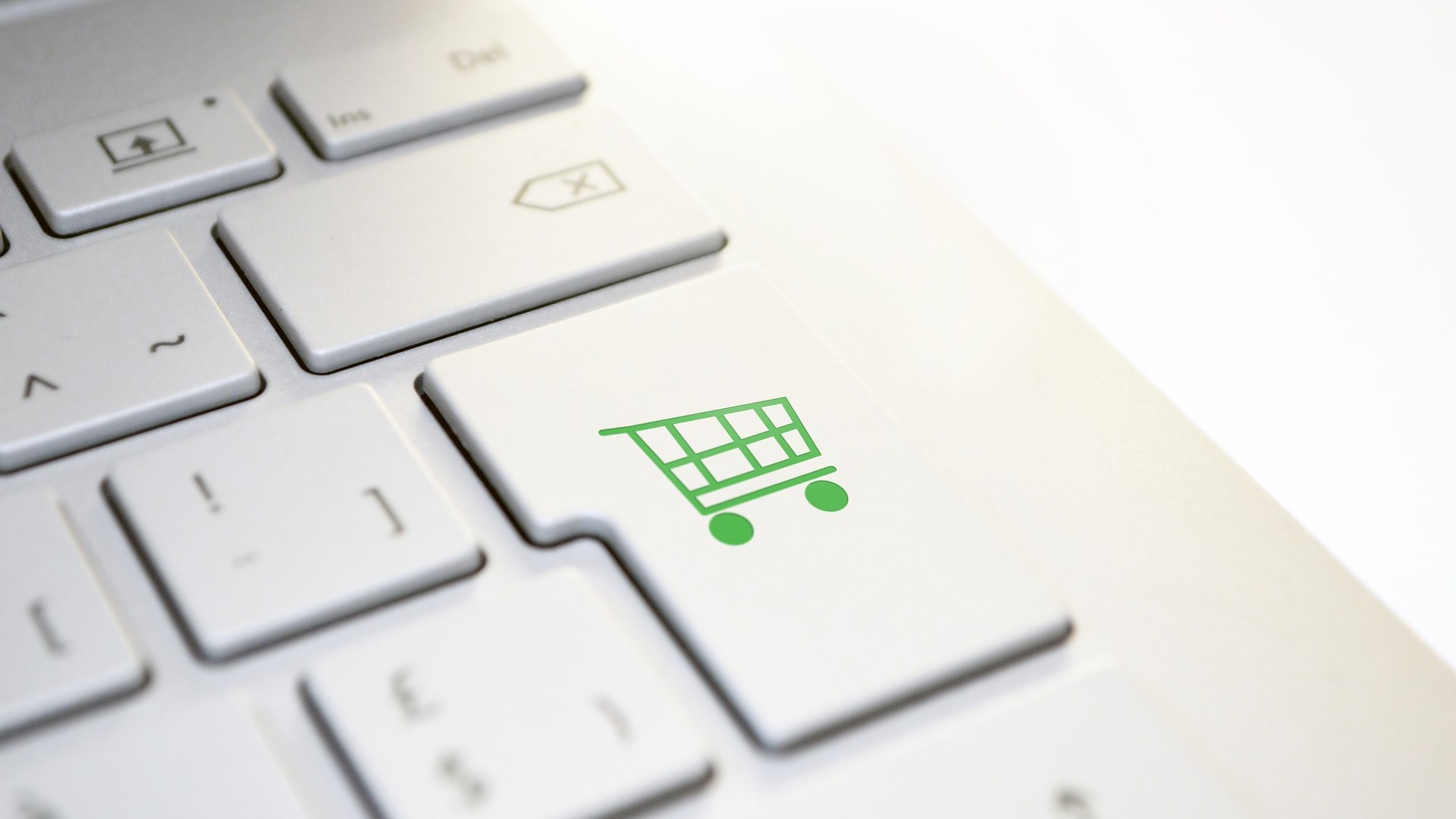An alternative history of online shopping
Most shoppers are completely oblivious to what goes on behind the scenes

The ability to shop online is one of the greatest conveniences of the 21st century. It rings particularly true in 2020, with the global pandemic sweeping the world and drastically changing the habits of millions of people. In fact, together with quarantines and self-isolation, e-commerce became more of a necessity rather than just a convenience.
A staggering 2.1 billion people, which is 27% of the entire world’s population, will make a purchase online this year, according to Statista, and future forecasts are only showing growth for the industry.
However, most shoppers are completely oblivious to what goes on behind the scenes of their favorite e-commerce sites and the role that web scraping plays. What is even more surprising, there is still a large portion of online retailers left in the dark as well.
- We've built a list of the best web hosting services around
- Check out our list of the best e-commerce hosting providers out there
- Here's our list of the best SEO tools right now
Julius Cerniauskas is CEO at Oxylabs
For this reason, this article will help to uncover little-known facts about e-commerce by answering one question - what would online shopping look like if web scraping didn't exist?
What is web scraping?
Before taking a tour in the world where web scraping doesn't exist, it is important to understand what makes web scraping a fundamental aspect of modern e-commerce.
In the shortest terms, web scraping is a web data gathering method that automatically pulls publicly available data from predefined websites. All this information is later used to support business decision-makers when devising business tactics and strategy choices. For example, the collected data allows retailers to reach the largest number of consumers, create the most desirable products, and react to the movements of their competitors.
The world without web scraping for retailers
Most digital experiences, including the shopping sprees, usually begin with a quick search on Google. Statistically, a shopper is unlikely to venture as far as a second search results page. That is why a ranking position on the web can make or break the business.
A little known fact is that the favorable rankings on search engines would be impossible without web scraping technology. Every website can appear on Google search results only after being crawled by specific bots and indexed accordingly.
For retailers, it means that their potential customers wouldn't be able to find them on a vast internet landscape even if the offered product or service was an ideal fit in terms of quality and price.
Another aspect that would be affected by the lack of web scraping is setting the above-mentioned product price parameters. Currently, the golden rule for retailers is to set a price low enough to be competitive and high enough to ensure optimal revenues.
However, without using web scraping to monitor the market situation in real-time, retailers would have to rely on limited information to support their decisions. Alternatively, gathering the same amount of essential pricing intelligence would require dedicating hours of manual research.
A similar scenario would unroll in the areas relating to product quality and adequacy. It is no secret that people buy products which fulfill their needs the best. Web scraping is essential in this area because it serves as a tool to assess those needs and preferences. If this practice didn’t exist, the retail sector would lose a reliable source of information, guiding them in an already loud crowded marketplace.
As a fact, having less information would impact the effectiveness of retail business strategies because retailers would constantly fail to grasp the market needs. This would mean that in the world without web scraping, every business owner would have to face uncertainty, missed opportunities, and potentially reduced revenues.
The world without web scraping for shoppers
From the consumer's point of view, the picture of the internet without web scraping looks grim as well. First of all, finding bargains for a desired product or service would be a much longer process with lower success rates.
Web scraping is the core technology behind the price comparison sites. It means that without effective web data gathering tools, these resources would not exist either. Budget-conscious shoppers would have to carry out an entire research project to make a well-informed decision regarding their purchases.
Sign up to the TechRadar Pro newsletter to get all the top news, opinion, features and guidance your business needs to succeed!
Without price comparison sites, which automatically perform many tasks, buyers would have to visit each retailer's site to find and compare similar products and their prices. It would probably result in a long line of opened tabs on a browser, excel sheets filled with product information, and hours of wasted time.
The situation would be even worse for travel planning. Organizing a budget-friendly weekend escape to a beautiful city abroad would be painfully difficult. Selecting plane tickets or right accommodation without any travel aggregator site would prove to be practically impossible.
This means that travelers would have to rely on limited knowledge when choosing their destination or rely on the expertise of their local travel agents.
What retailers can learn from this
The lack of knowledge about web scraping uses and benefits can result in misinformed hostility towards all data gathering practices. Consumers and retailers alike must be aware of these perceptions and understand that ethically used web scraping is essential to the economy.
The reality is that both shoppers and sellers will have to face increasing amounts of information, which will make the decision making process much harder. In order to survive in the competitive online marketplace, only the ones who have the full information, reach the right customers, and set competitive prices can expect to thrive.
- Here's our list of the best e-commerce website design services out there
Julius Cerniauskas, CEO, Oxylabs.